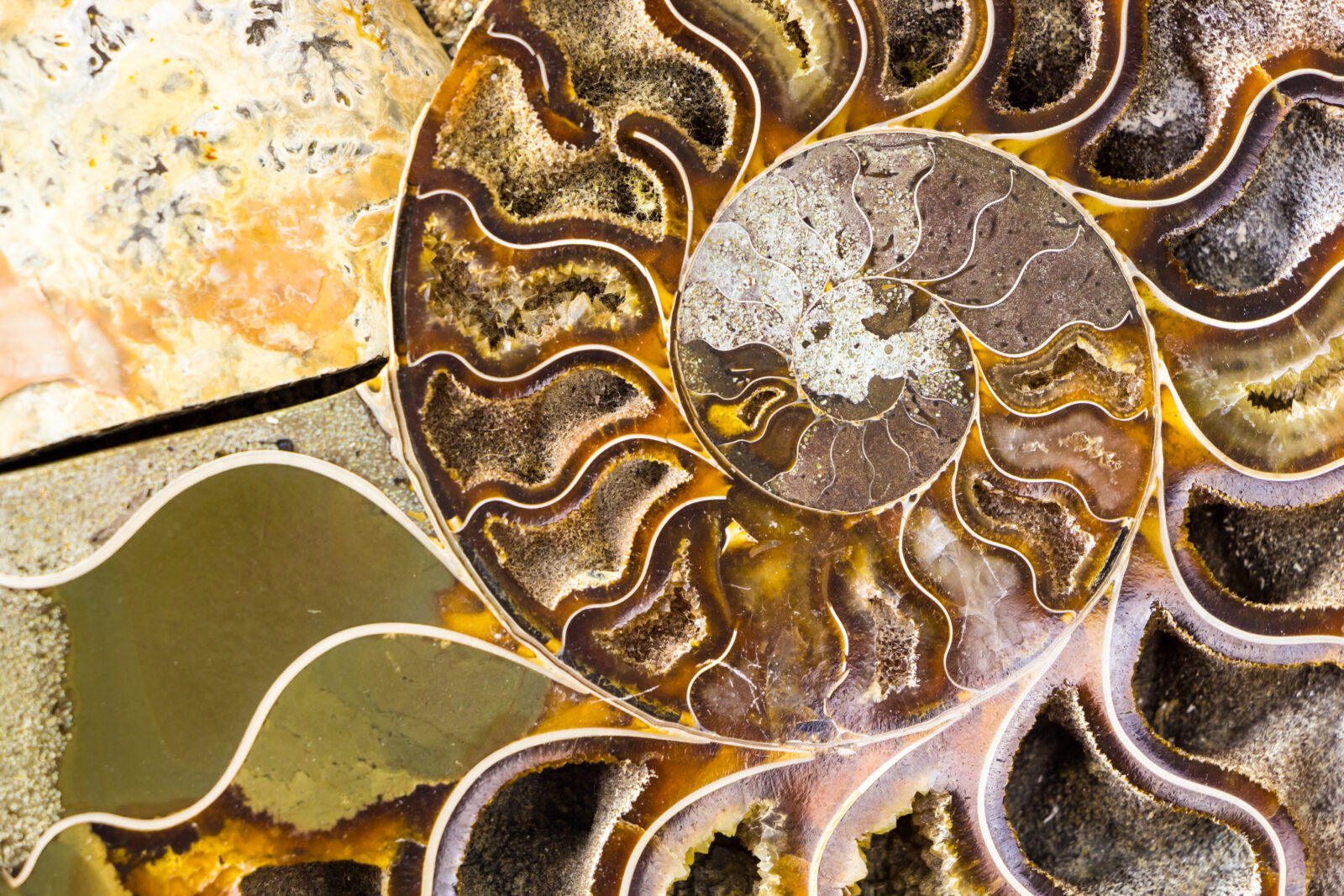The Incompatibility of Evolution and Design
On this ID The Future, philosopher Stephen Dilley speaks with scientist and attorney Casey Luskin about theologian Dr. Rope Kojonen’s recent proposal on the compatibility of evolution and intelligent design. In previous episodes of this series, Dr. Luskin interviewed colleagues Brian Miller, Emily Reeves, and Stephen Dilley about their contributions to a recent paper critiquing Kojonen’s model. Now, Luskin concludes the series with some additional insights of his own.
First, Luskin explains that the type of design Kojonen is proposing isn’t supported by the biological evidence. Luskin reviews the case of the bacterial flagellum and describes the irreducible complexity it exhibits. Though Kojonen acknowledges the design of the flagellum, he credits a rigged evolutionary process with its creation. Luskin explains how he and his team combed through Kojonen’s sources to take another look at the data. The evidence for a step-wise evolutionary pathway to the bacterial flagellum amounts to wishful thinking. Simply put, unguided evolutionary mechanisms will struggle unsuccessfully to build the complexity of life. Which is precisely why Kojonen attempts valiantly to marry evolution with intelligent design. But in the end, as Luskin points out, Kojonen’s model is a powerful acknowledgement about the inability of evolutionary theory to account for the origin and development of life on earth.
Dig Deeper
- Read the paper written by Dr. Luskin and his team critiquing Dr. Kojonen’s model: On the Relationship Between Design and Evolution
Listen to more episodes in this series:
- Listen to Dr. Stephen Dilley explain the philosophical and scientific problems with Dr. Kojonen’s model: Part 1 and Part 2
- Listen to Brian Miller discussing the limits of protein evolution in his interview with Casey.
- Listen to Emily Reeves describe the flaws in Kojonen’s view of the laws of nature.
